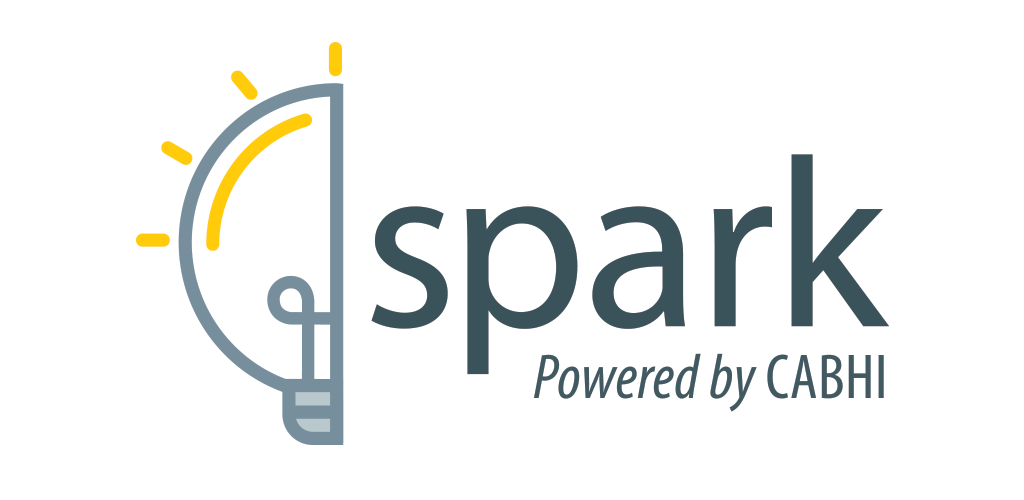The Centre for Aging + Brain Health Innovation (CABHI) has officially launched the third round of funding for our Spark Program.
This program provides up to $50,000 (CAD) in project funding to support the development of innovative solutions informed by the experience of point-of-care staff working with older adults.
Through this funding opportunity, CABHI invites staff working at Canadian not-for-profit healthcare organizations and Seniors Quality Leap Initiative (SQLI) members to apply for funding to develop or refine their grass-roots, early-stage solutions. In total, there is up to $1 million (CAD) in funding available to support new innovation projects.
View the program information page
We are seeking applicants with innovations that address challenges associated with the aging brain, including dementia and other neurodegenerative diseases. In 2018, CABHI’s focus will be on testing innovative solutions that are aimed at addressing the following specific themes: Aging in Place; Caregiver Support; Care Coordination and Navigation; and Cognitive Health. Apply today!
Applying is easy, and can be completed in 2 simple steps:
Step 1: View the program information page for complete details about the application process, eligibility, and selection criteria before submitting your application form.
Step 2: Submit your application form by 5:00 p.m. (EST) on June 14, 2018.
Join a webinar to learn more
Register for our webinar to learn more about how to submit a successful application to CABHI’s Spark Program. Topics will include: keys to a successful proposal, how to submit a proposal through our online portals, CABHI’s evaluation criteria, funding allocation and responsibility for reporting, and much more.
Webinar Date & Time:
Friday, May 11, 2018: 12 – 1 p.m. (EST) (Link to register)
Friday, June 1, 2018: 12 – 1 p.m. (EST) (Link to register)
Please share the news about the Spark program among your network and help us improve the future of brain health and aging.
Funding for this program is provided by the Government of Canada through the Public Health Agency of Canada, the Government of Ontario through the Ministry of Research, Innovation and Science, and the Baycrest Foundation.


